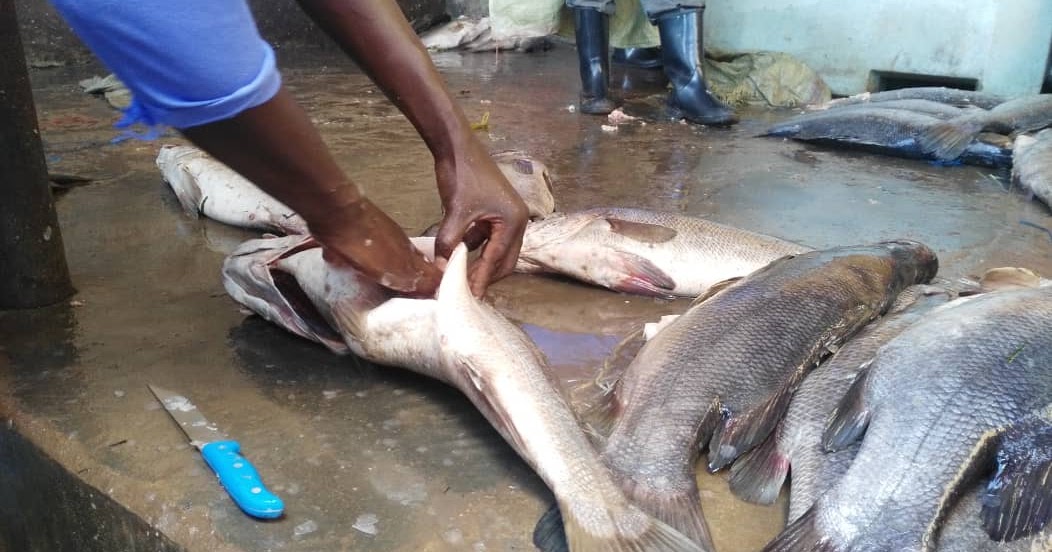Business
Uganda : Fish Maw Dealers Voice Discontent Over 8% Tax, Fear Business Exodus Due to Taxation Impact

Dealers in the fish maw trade have raised strong objections against the 8 percent tax imposed by the government on the product’s total export value in 2021. This tax measure has significantly hampered their operations and profitability, prompting many within the industry to express grave concerns. Members of the House Agriculture Committee received the dealers’ grievances, outlining the detrimental effects of the tax, asserting that it has begun to push them out of business. As a result, some operators have already taken steps to relocate their businesses to Kenya and Tanzania, where tax rates on fish maw are notably lower.
Jackson Magera: Interim Coach of KCCA FC Remains Optimistic About Season
The outcry from fish maw dealers emerged during the initial stages of the legislative process where the House Agriculture Committee was reviewing a petition filed by the Fish Maws and Traders Association Uganda Limited back in July. This petition highlighted the adverse consequences of the tax imposition and the resultant impact on the industry’s sustainability and economic viability.
The implementation of an 8 percent tax on the total value of fish maw exports has emerged as a significant financial burden for dealers and traders. The trade, which had previously been a source of livelihood for many, is now being threatened by the surmounting financial strain imposed by this taxation policy.
Dealers within the fish maw industry have made it explicit that this tax has drastically affected their bottom line, making their businesses less competitive and financially unviable in the international market. The consequence has been a steady migration of businesses seeking more favorable taxation environments in neighboring countries, an action that could potentially impact Uganda’s economy.
The concerns raised by the Fish Maws and Traders Association Uganda Limited underscore the urgency and seriousness of the situation. The industry fears a loss of competitiveness and market share due to the increased tax, which, in turn, could result in a downturn in revenue for the country. Such economic repercussions might also affect employment opportunities and potentially lead to reduced revenues for the Ugandan government.
Crested Cranes Triumph Over Cameroon in the 2024 Olympic Women’s Qualifier’s First Leg
The move by fish maw dealers to relocate to countries with lower tax rates is indicative of a larger issue regarding the competitive disadvantage faced by Ugandan businesses in the international market due to taxation policies. It signifies an erosion of the country’s position in the global market, potentially weakening its trade relations and market presence in the fish maw industry.
As the House Agriculture Committee begins its assessment of the concerns raised by the Fish Maws and Traders Association, it becomes evident that this issue demands urgent attention and resolution. It is critical to strike a balance between generating revenue through taxation and maintaining the sustainability and competitiveness of crucial industries like fish maw trading within Uganda.
The outcome of this deliberation will significantly impact the future of the fish maw industry in Uganda and its contribution to the country’s economy. Addressing the tax concerns is vital to ensure the preservation of jobs, sustainability of businesses, and the overall economic growth of the nation. It remains imperative to find a solution that harmonizes taxation requirements with the need to maintain a competitive edge in the global market for fish maw trade.
